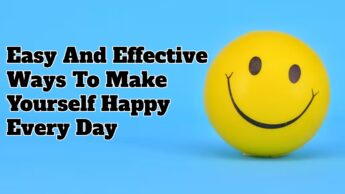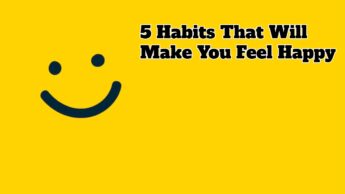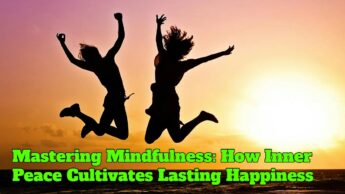What specifically is this happiness that we’re discussing? For everyone looking to find happiness, the question is crucial. Understanding what we mistake for actual happiness—and not confusing it with those things—is the key.
1. We equate mood with contentment
When asked how comfortable they are with their lives, people frequently assess themselves as happy or sad based on what is going on in their lives at the time.
2. We confuse ease with contentment
Researchers have also shown that individuals frequently evaluate things based on comparisons when they draw attention to a particular area of life. Interviewees believed they were taking a test on visual perception in a different experiment by Schwarz. One group was informed by a researcher who was apologetic about having to conduct the test in a maintenance room owing to a lack of space. The room had terrible lighting, was warm, smelled bad, and was unclean. Another group took the test in an office with plush chairs and fresh flowers.
Following the visual exercise, participants were required to complete a survey that asked them about campus living and their general level of pleasure. Those who took the test in the nice setting assessed their lives as being somewhat happier than those who took the test in the uncomfortable room.
3. We equate happiness with the gratification of our desires.
Isn’t satisfying one’s desires what makes life happy? This term bothers philosophy professor and “The Morality of Happiness” (Oxford University Press) author Julia Annas, who teaches at the University of Arizona. She argues that since our desires might be motivated by addiction, obsession, or just bad logic, we cannot define happiness in terms of their being satisfied. As the old saying goes, social pressure may also sway our wants, making us feel compelled to spend money we don’t have on goods we don’t need to impress others.
Also Read: The Top 5 Things in a Relationship That Are Essential to Happiness





